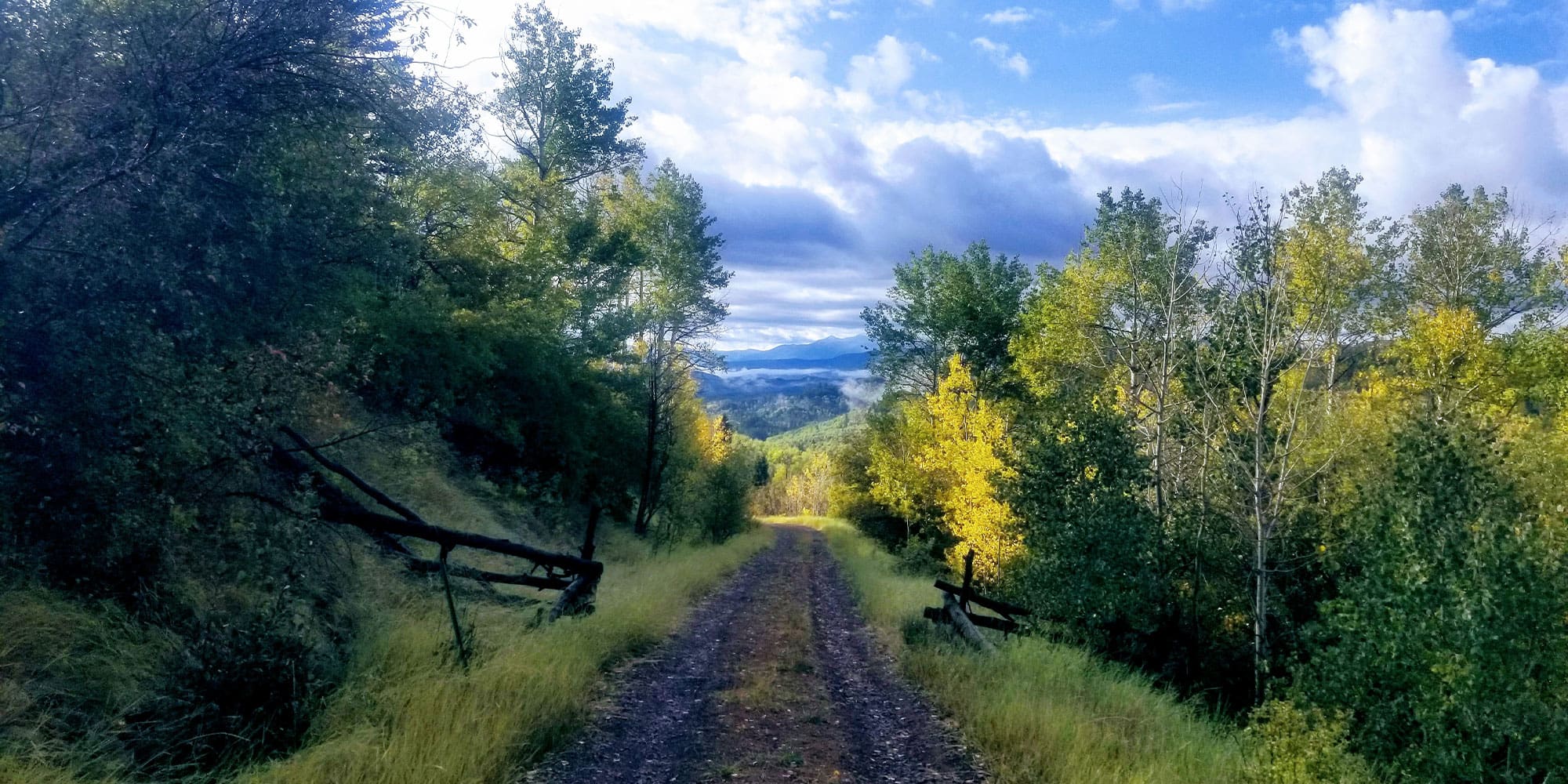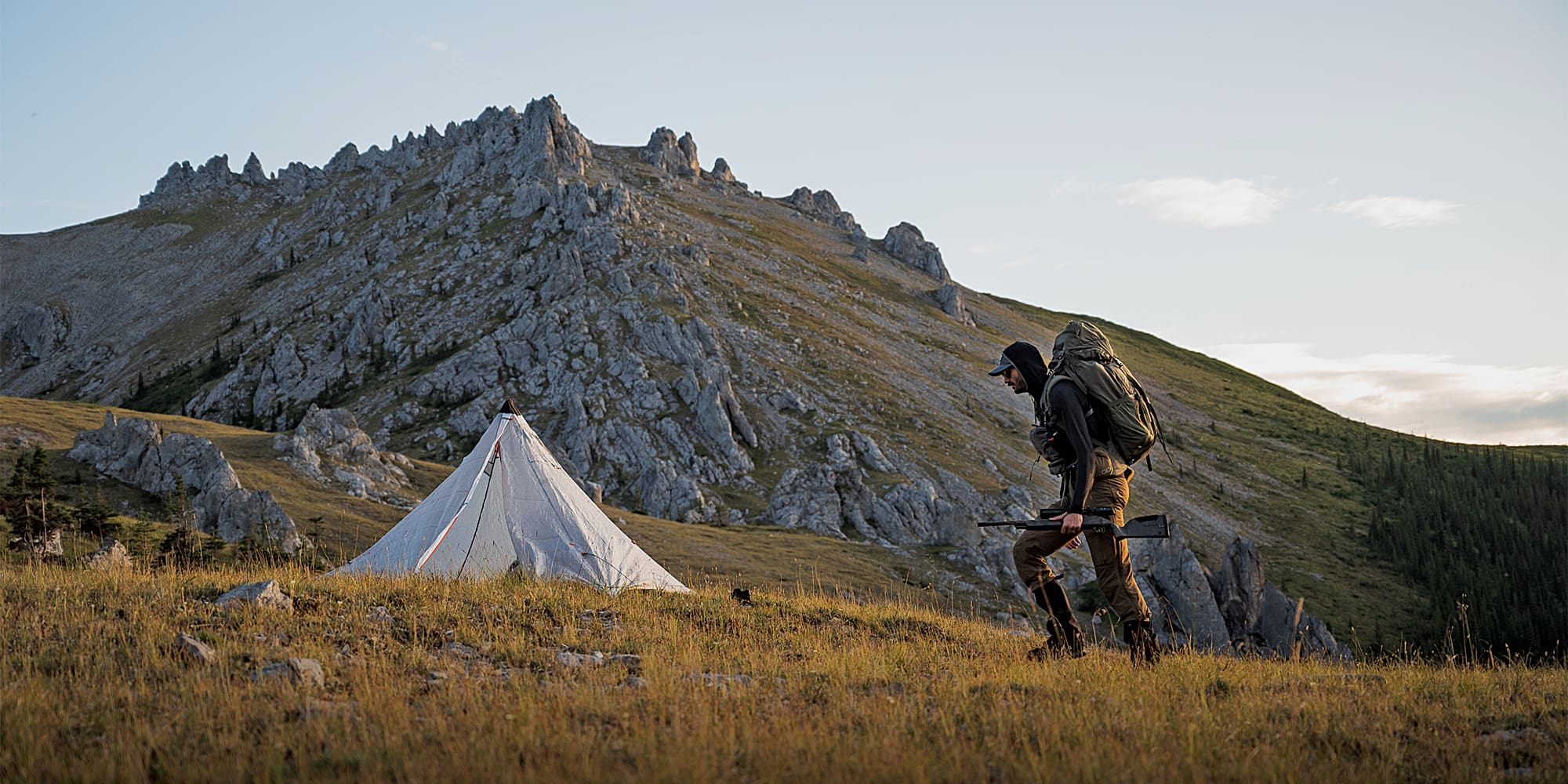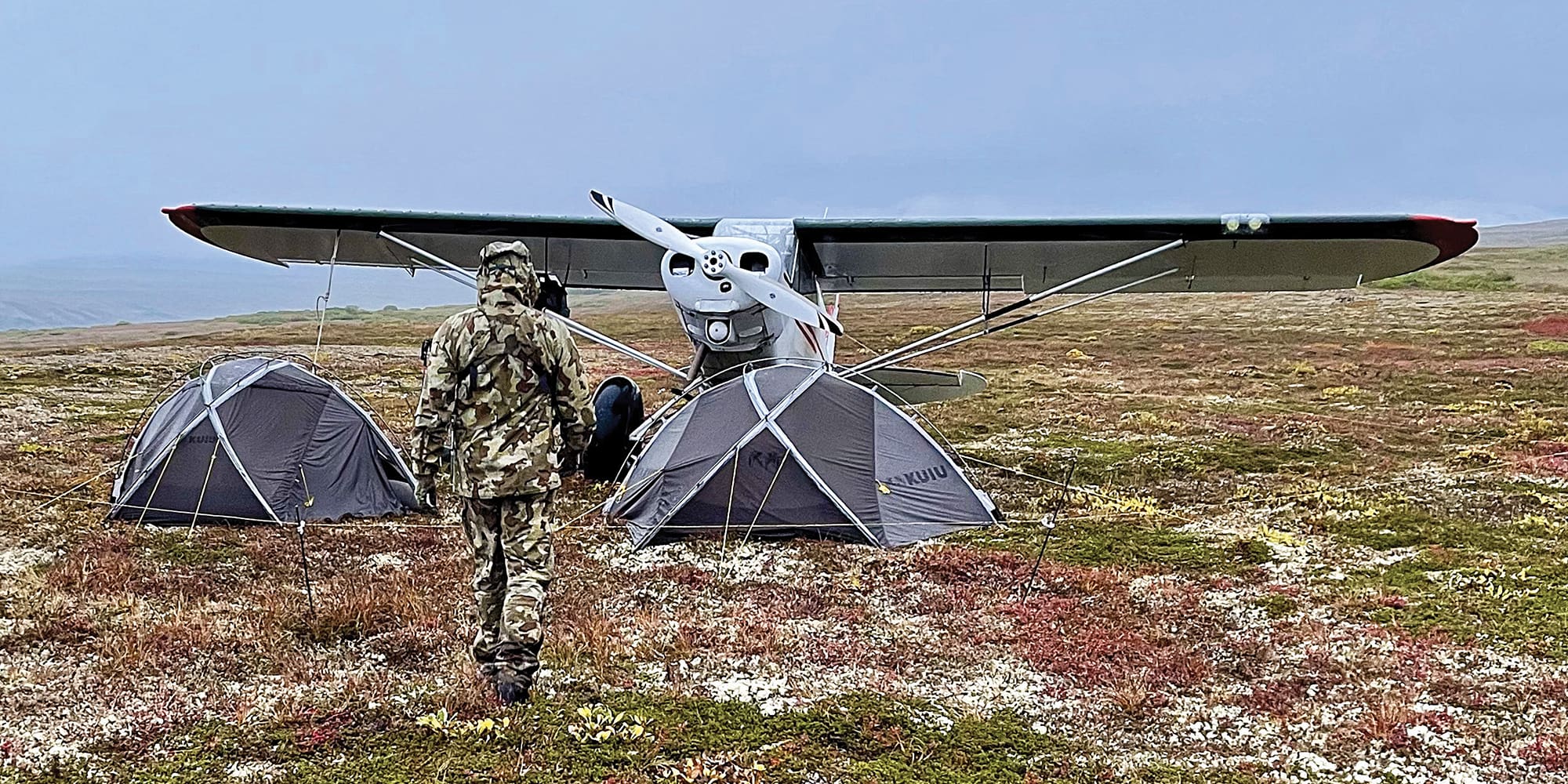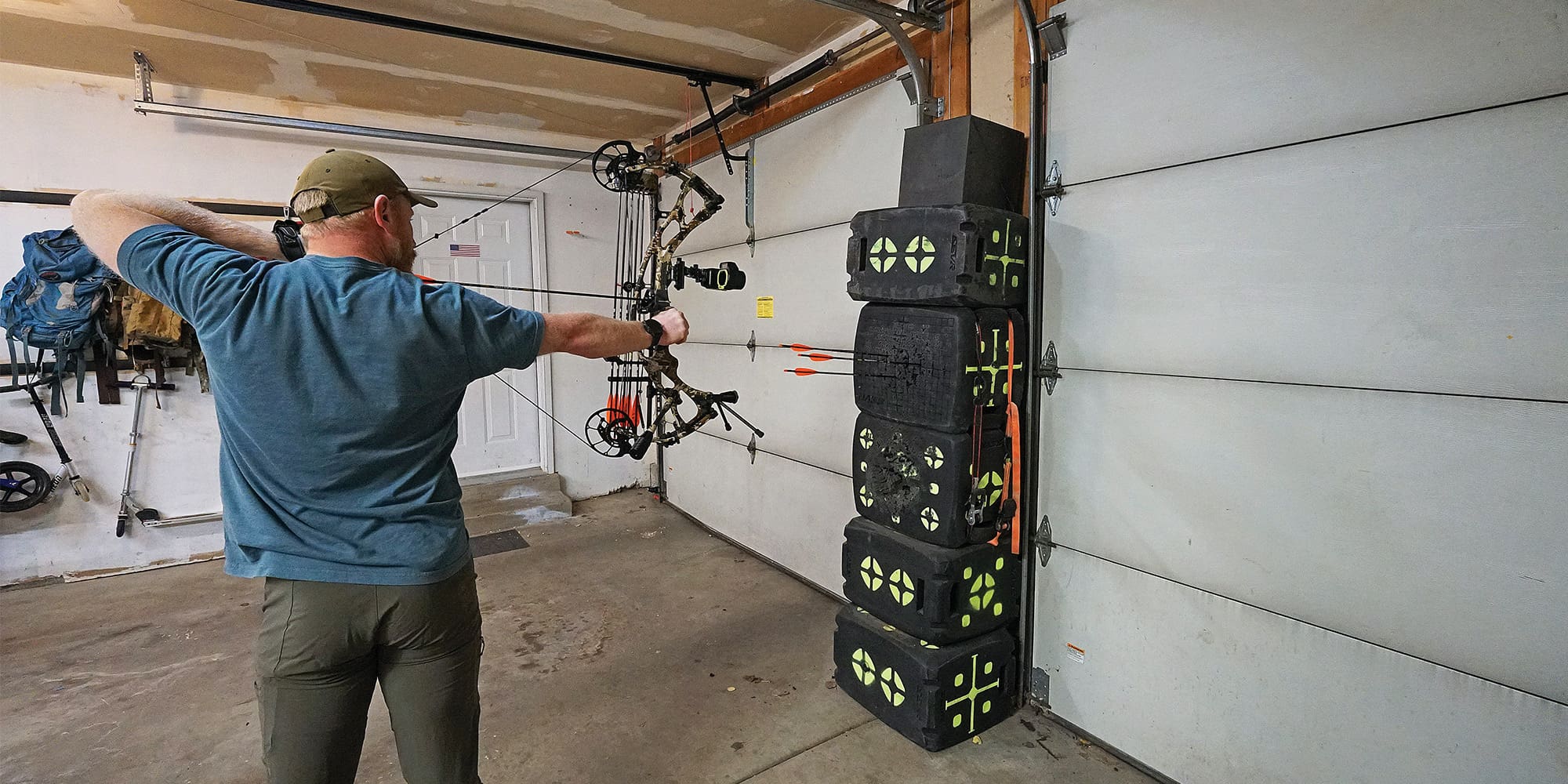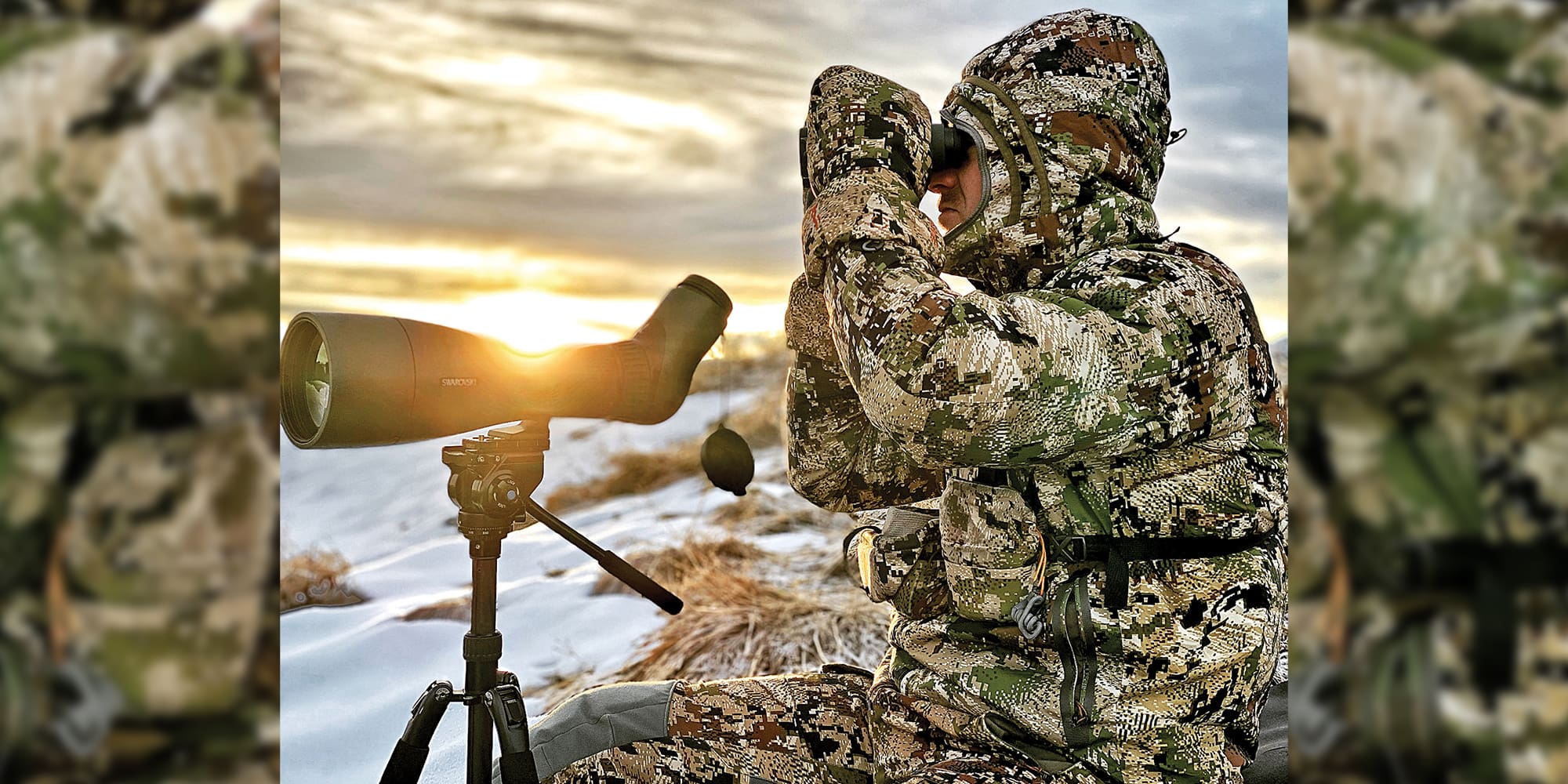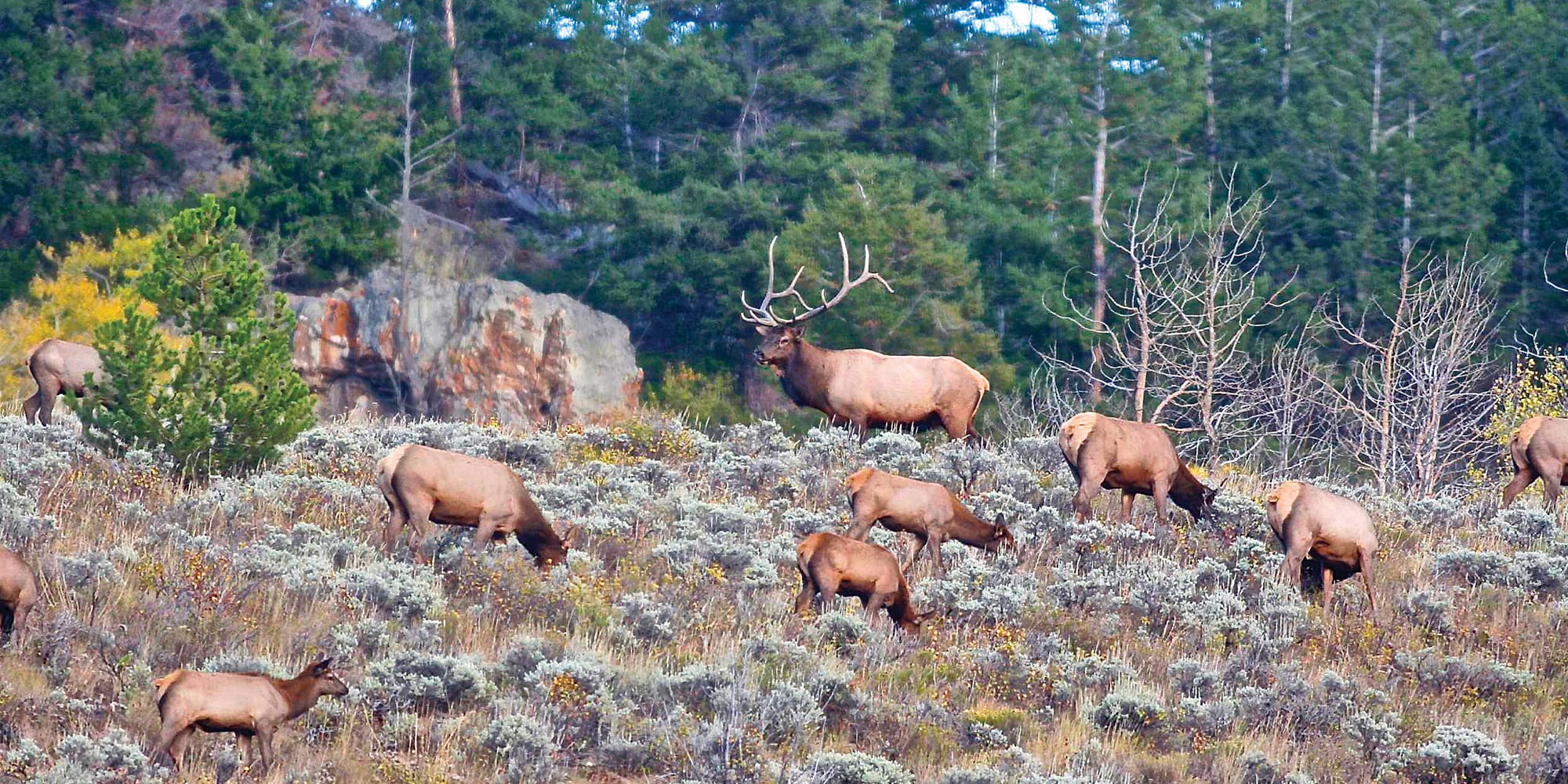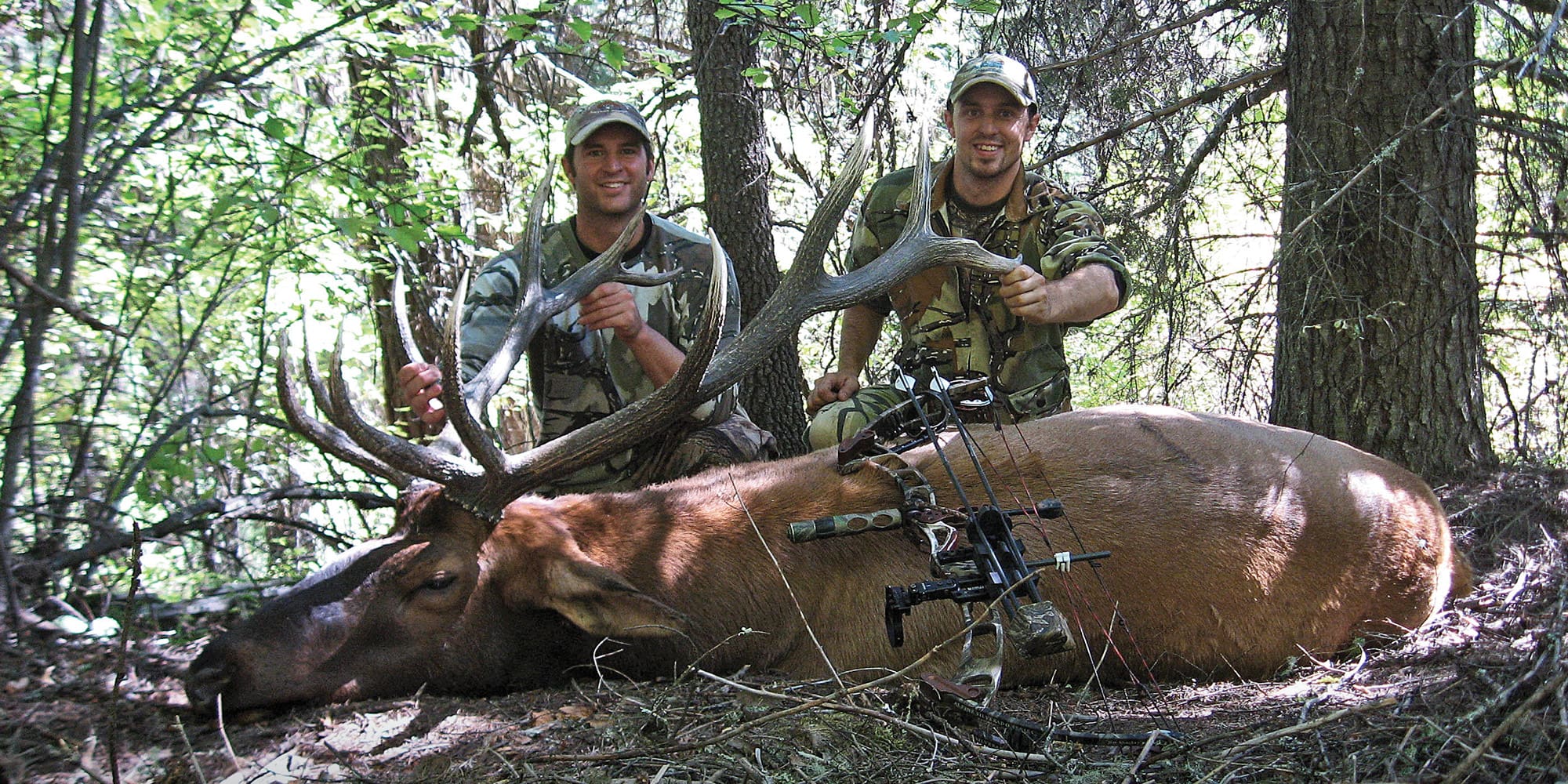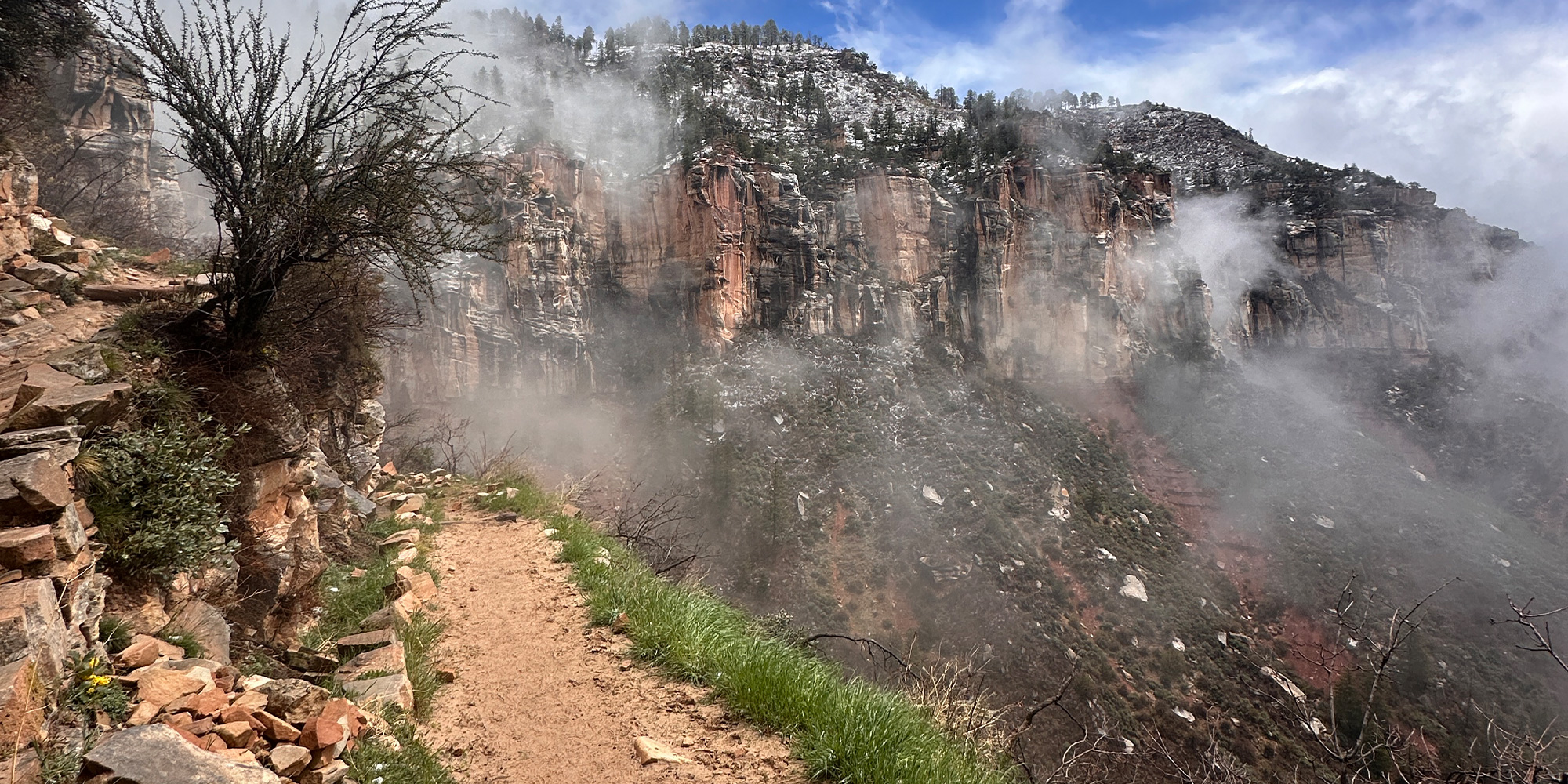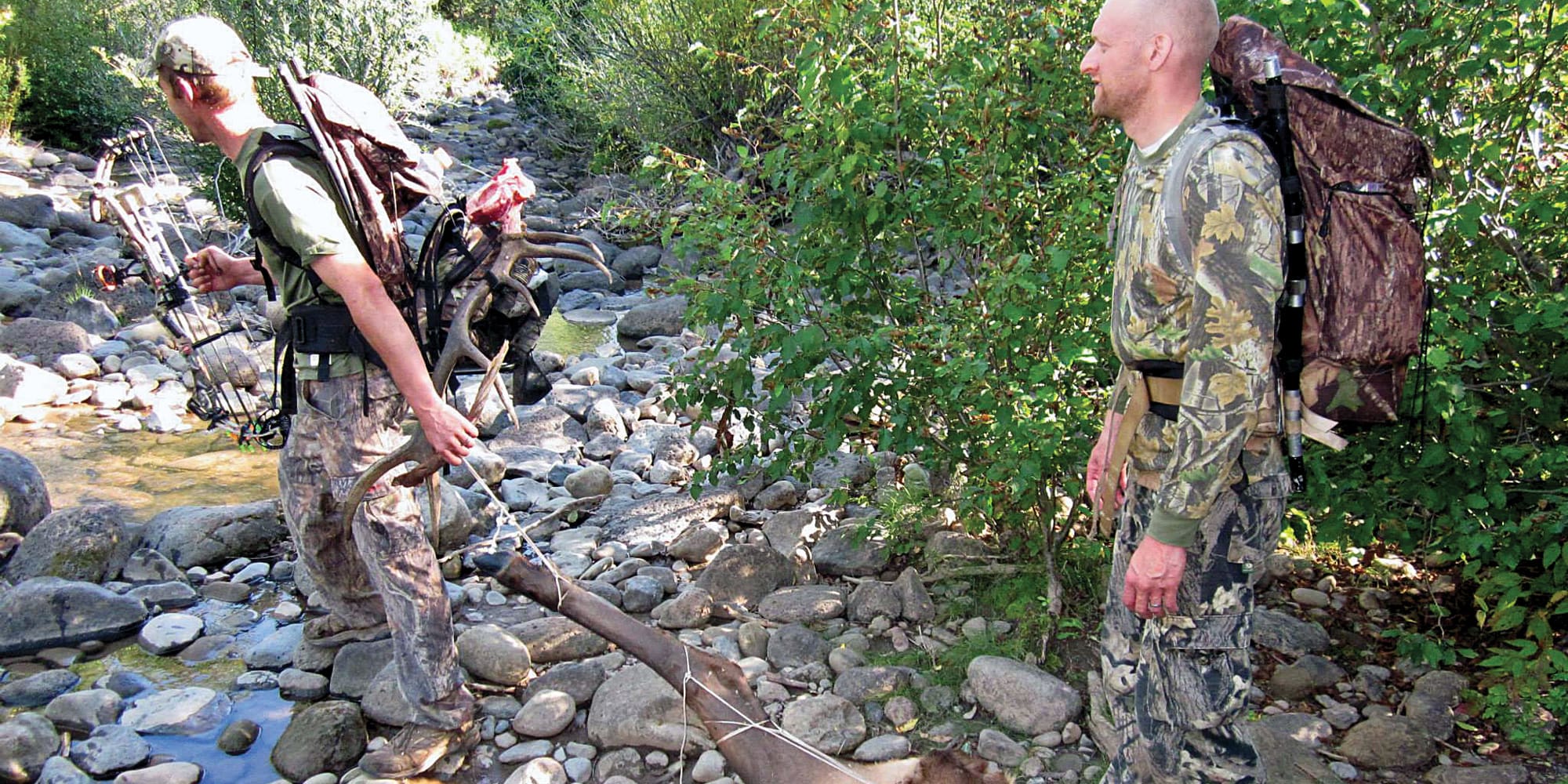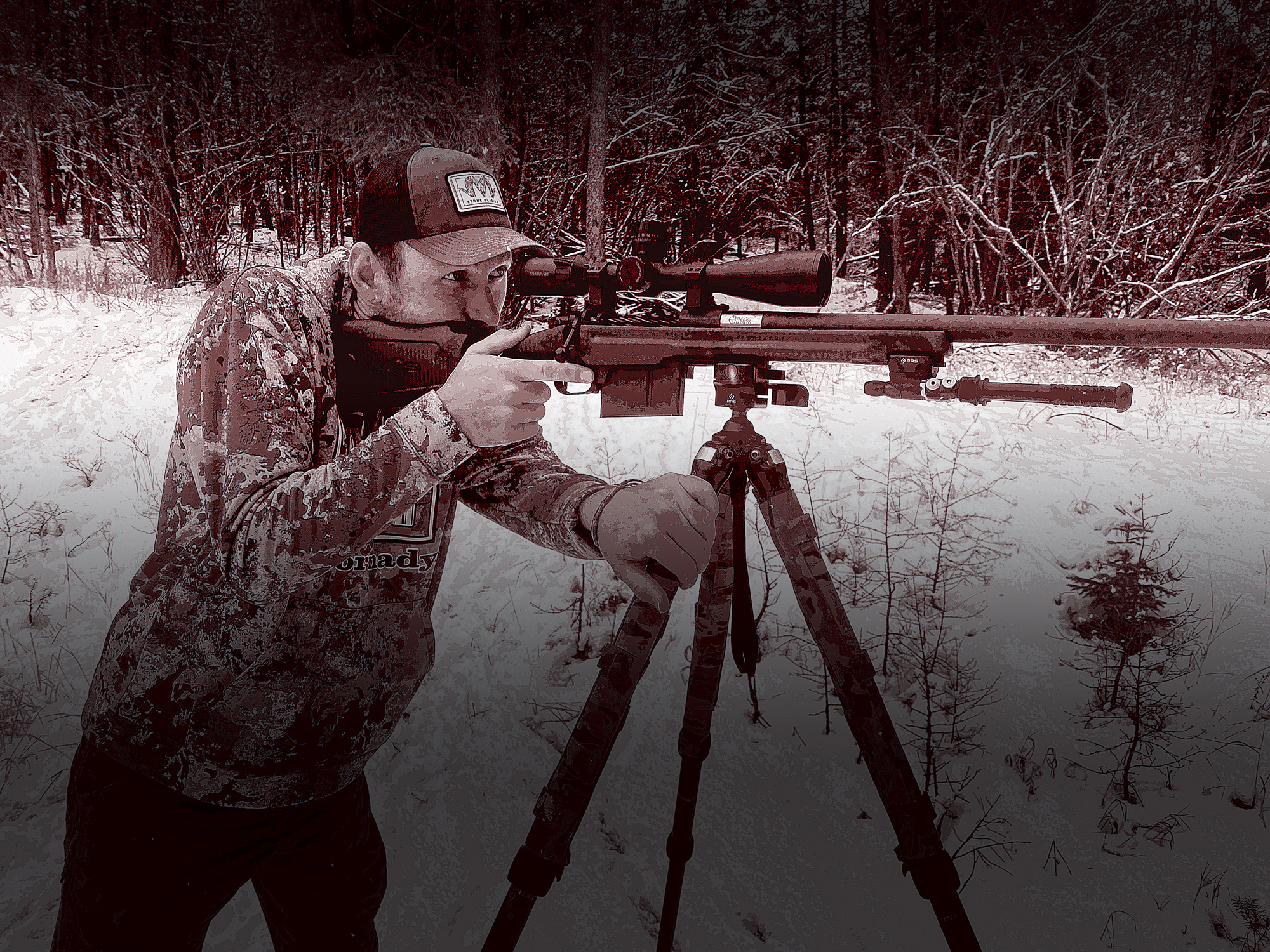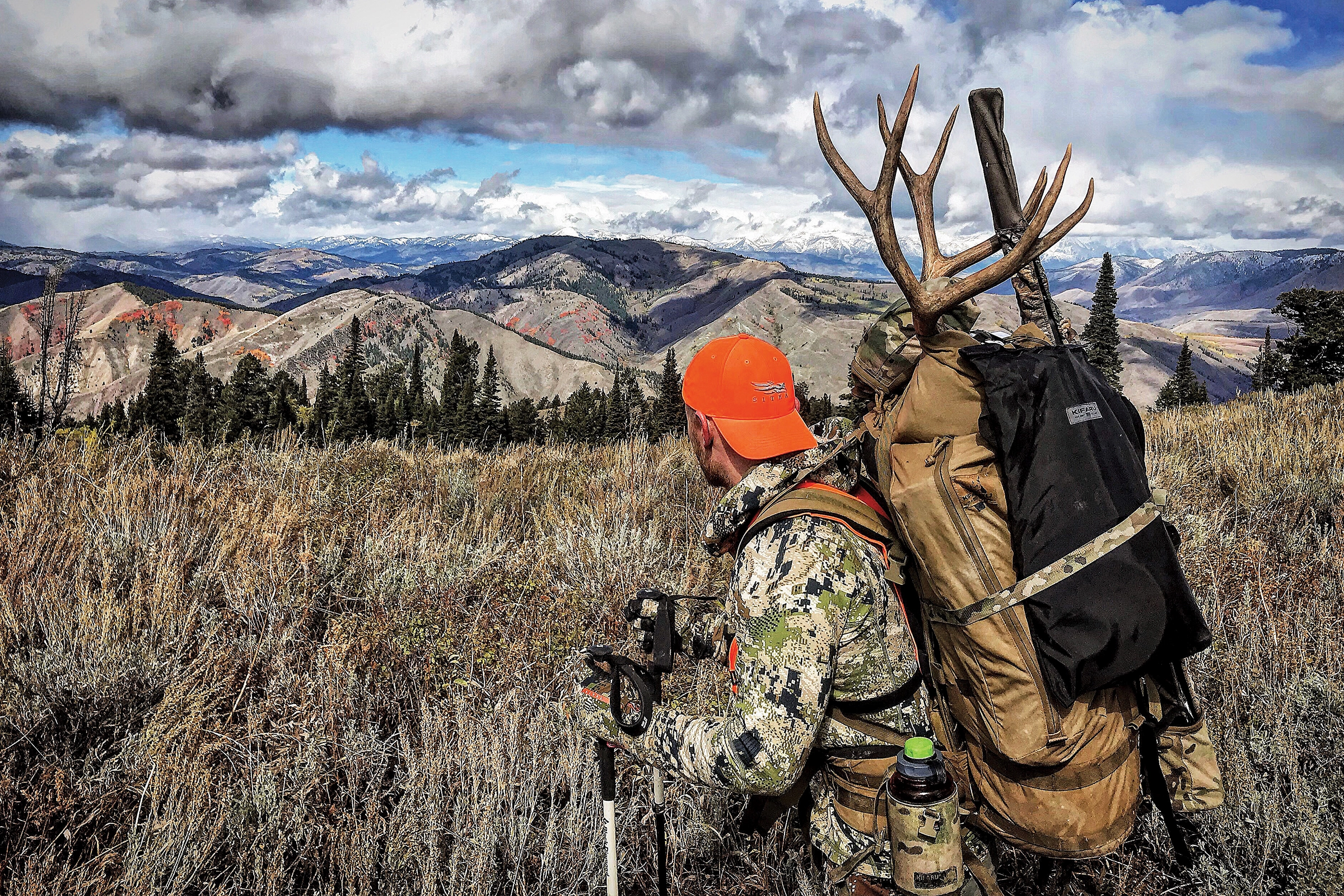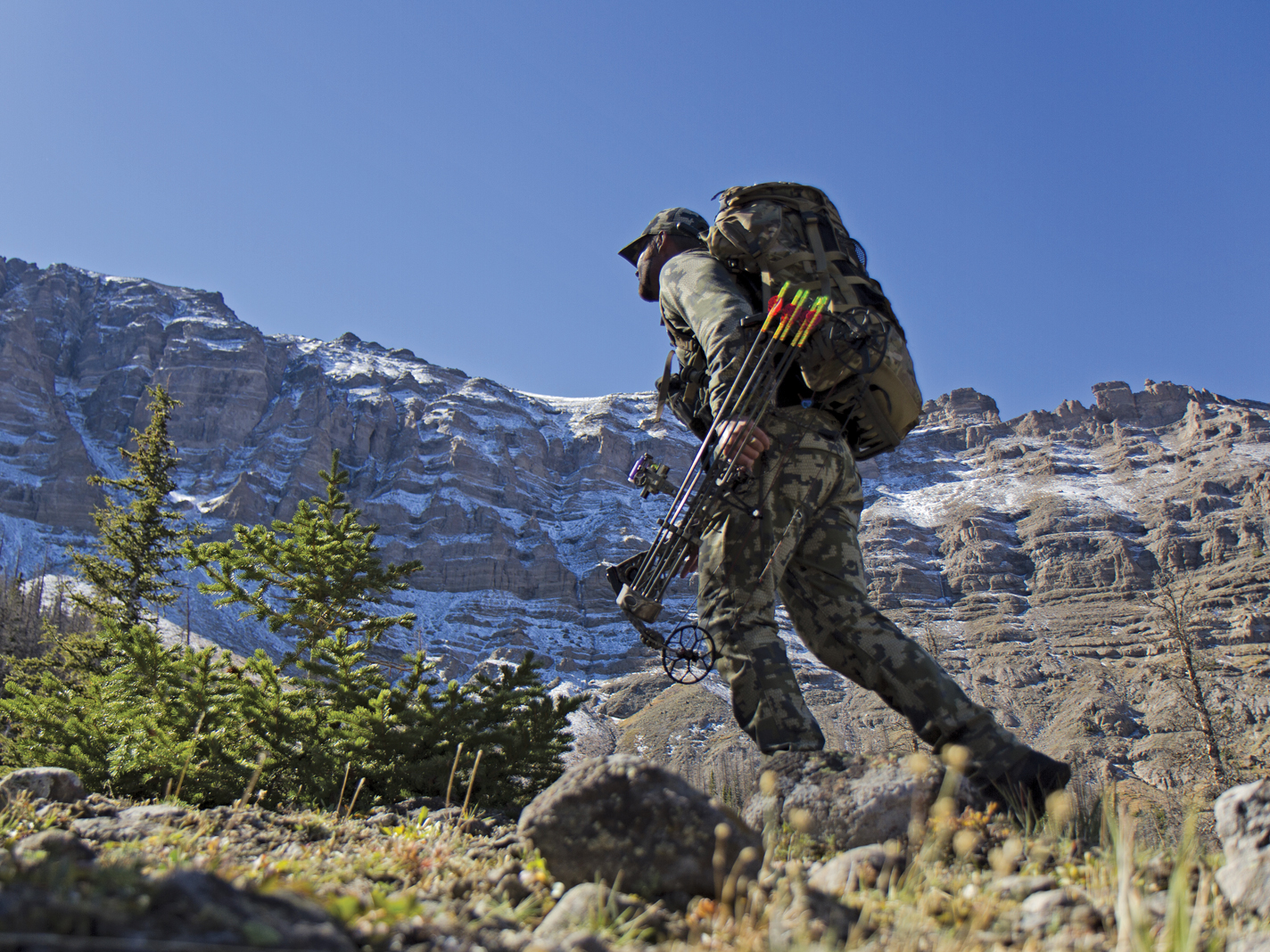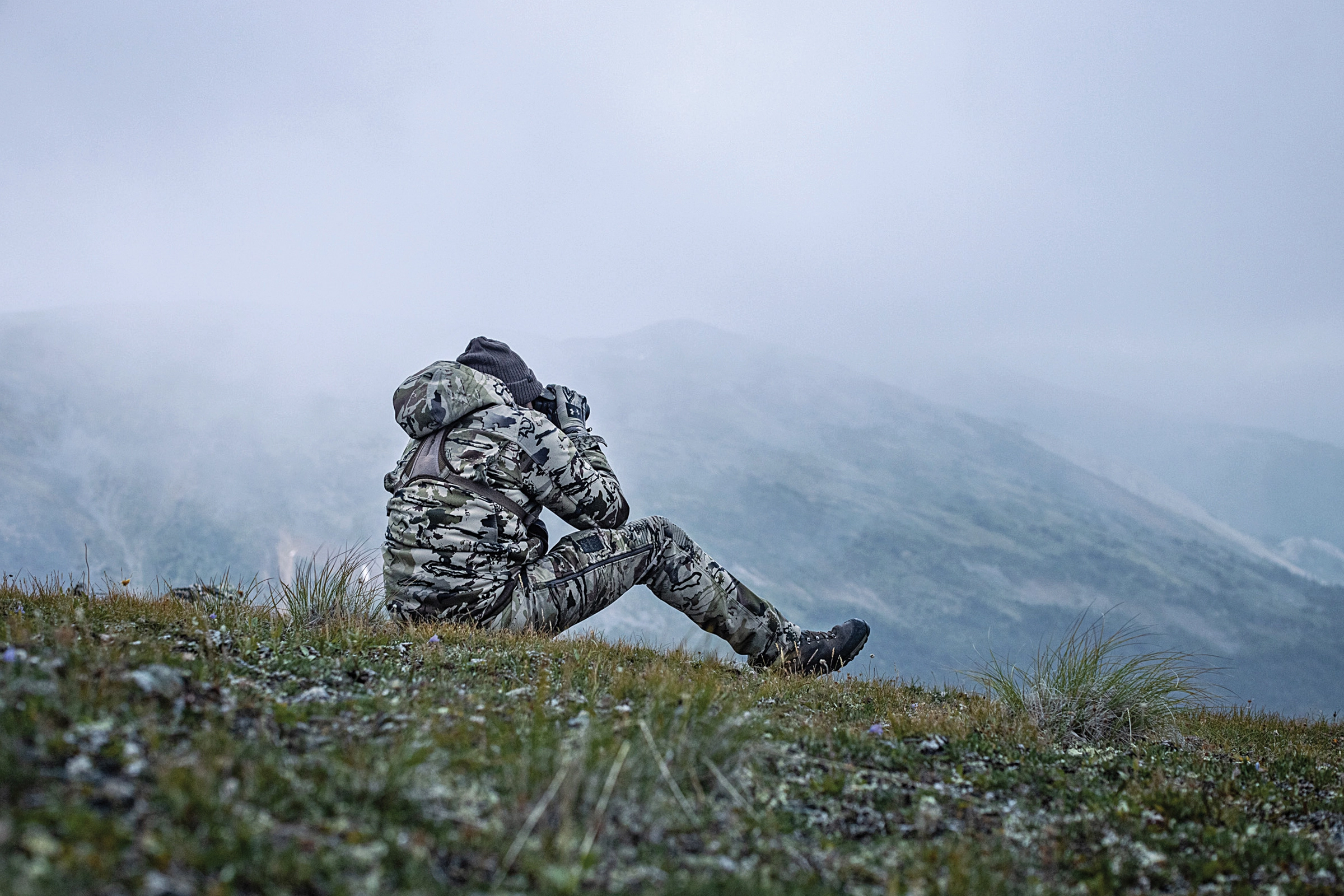
NOTICE: Certain links on this post may earn a commission for Western Hunter Magazine from Amazon or our other affiliate partners when you make a purchase. Thank you for your support.
Keep Your Head in the Game
You can have all the best gear, the right optics, the tag of a lifetime, the best hunt plan, or even the best guide. But when the hunt gets tough, none of that matters if you quit, lose focus, or self-sabotage your experience by not hunting as hard as you should. I learned a long time ago that the mental game is a hunt-maker or hunt-breaker, especially on tough backcountry hunts. You might need to push up that next ridge when you are tired; glass from sunup to sundown, day after day when you haven’t seen anything; or just keep hunting hard and keep your head in the game after a miss or blown opportunity.
Persistence is the most effective tactic a hunter can have, but without that mental fortitude, persistence dies at the slightest speed bump. As a hunting guide, I have seen it all. I have seen fit guys give up and say they can’t do it, while guys in a quarter of their shape will push on. I have seen grown men fall apart after a miss, give up and not even try for redemption. I have also seen one client miss multiple opportunities and finally connect at the end of the week on the last evening of a hunt after grinding it out.
I have seen people freeze up, break down, throw a fit, make excuses, and give up – even on hunts that in all honesty were going pretty well and were within their physical capabilities. One thing every single one of them had in common is they were weak in the mind. They failed to keep a positive mental attitude, and they did not see the signs of it being a hunt-killer. They underestimated their ability to do and focused on the “I can’t.” The more they focused on the “I can’t,” the sooner they couldn’t.

Grit
You may have heard it referred to as a positive mental attitude, mental strength, mental toughness, or even mind over matter; I like to think of it as grit. Grit is the positive mental fortitude combined with perseverance and passion. Grit is not a personality trait; it is a learned and practiced behavior. It is a skill and a choice. It is a willingness to keep working hard and grinding it out, giving it everything you have and then some.
The best athletes in the world have one thing in common. They have extreme mental fortitude. I have seen some talented athletes with all the skill in the world not make it to the top. While an athlete with the mentality of putting in the work and grinding it out steps up on the Olympic podium and claims the gold.
No matter what it is you are doing, if you can’t see it for yourself, and you cant visualize whatever it is you are working for, no matter how hard it gets, then you are going to find yourself not persevering and giving up… because what is the point?
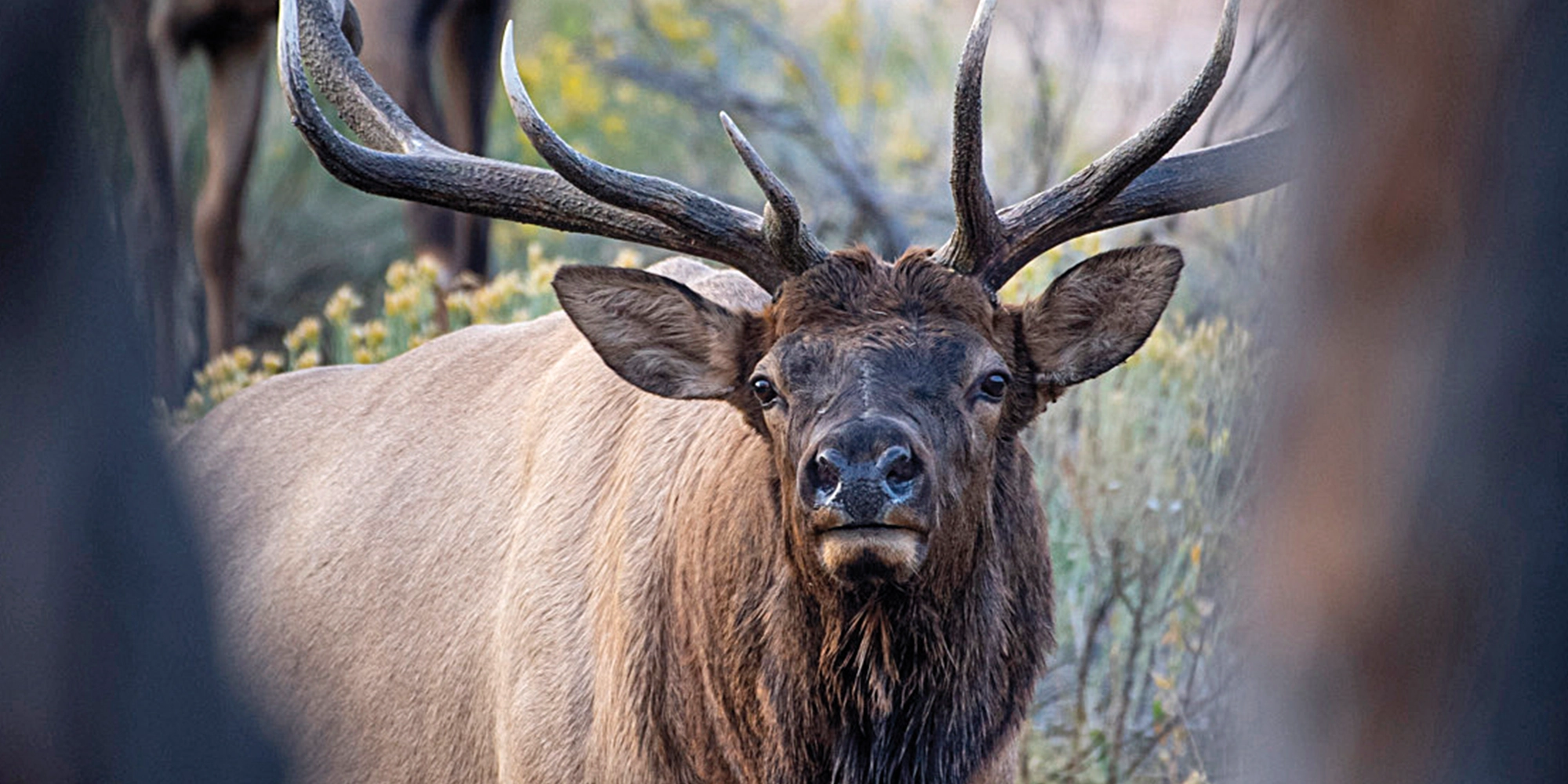
The Effects of Positivity
Let’s look at the real consequences of lacking a positive mental attitude. Let’s say you are on a hunt, and to add some pressure, let's also just say it is a once-in-a-lifetime-type opportunity – a tag that you have always wanted or a hunt you have always dreamed about. You have 10 days to hunt, ample time, and it is day six of the hunt. You have invested a lot of time, yet you have not seen a single thing that you are looking for. It is only natural to say, “There are no big bulls here. I am not going to see one. This hunt sucks, this hot weather sucks, I can’t believe I wasted 24 points on this. What am I doing out here?”
As your mind starts to go down that route, you start to believe it, and it is very believable! The hunt is not going well, you are getting down, but so what, right? While you might not be seeing what you want, just a shift in mindset to believing you won't see what you are looking for changes the outcome of the hunt. That’s because it effects the way you hunt.
How? Well, when you think you are not going to see something; you stop looking so hard. You get fatigued, you push yourself less because it seems futile. The willingness to hunt is now different and your mind is not in it like it was on day one. On day one, you were glassing your eyes out, hiking to the best knob way before daylight, looking at every tree, expecting that giant buck, bull, or ram to step out.
Now, halfway through the hunt, you got lazy. Looking feels pointless, and you look less, you try less, you hunt less. You have effectively killed your chances by thinking it was not going to happen because your actions followed your thought pattern. If you start to think it isn’t going to happen, your behavior mimics that; your actions go where your mind goes.
Now, flip that around. Let’s say you are in the same position, but you have a constant attitude that the big bulls are there and you just haven’t seen them yet. You know that conditions are tough but you are expecting to see one at any minute. It gets tough, and maybe it sucks, but you enjoy the experience of it. You keep looking, you keep hunting hard, and you put in the work till the end.
The one who does that has a much better chance of turning something up. Whether it happens or not, they are not going to throw in the towel. They are keeping after it and doing what they know is their best chance for success. This mindset has been my single best tactic for consistent success, no matter the hunt.
This past season, I got to go on my dream hunt; the hunt that I had thought about more than anything else in my entire life. I had the opportunity to chase Stone sheep in BC. The trip started out rough. We planned on flying in on day one, but the weather kept the plane grounded for three days. We camped out in the hangar, waiting on a good word. Finally, after three days, we got out.
We hiked a long way into the hunt area and turned up a few ewes and banana rams, but after over a week in the field, we saw nothing even close to legal. It felt like they were not there. And although I joked that they might not be, I kept the mindset that the big ram was there, and I was going to see him at any second.
I glassed as hard as I ever had. I got up and glassed in the wind, rain, and snow. I kept after it. Even on the last day, down to the last second. I did the only thing I knew to do – hunt hard! On the last afternoon, I turned my gaze to the farthest hill. Staring into the mirage, I turned up a ram! It would have been easy to stop glassing hard, but I kept after it. Had I had the mindset they were not there, I would not have seen that last ram. Now, that ram was not legal, or even close, but if I gave up mentally, I would not have seen him. Who knows? that could have been my ram. I ended up never seeing a legal sheep on that hunt, and while it was disappointing and tough, I hunted as hard as possible to the bitter end.
In all honesty, my mind doesn’t just go naturally to the positive side. So the real question is, “How do you keep a positive mental attitude when everything seems to not be working out?” I have five tips and things I constantly do to keep my head in the game!
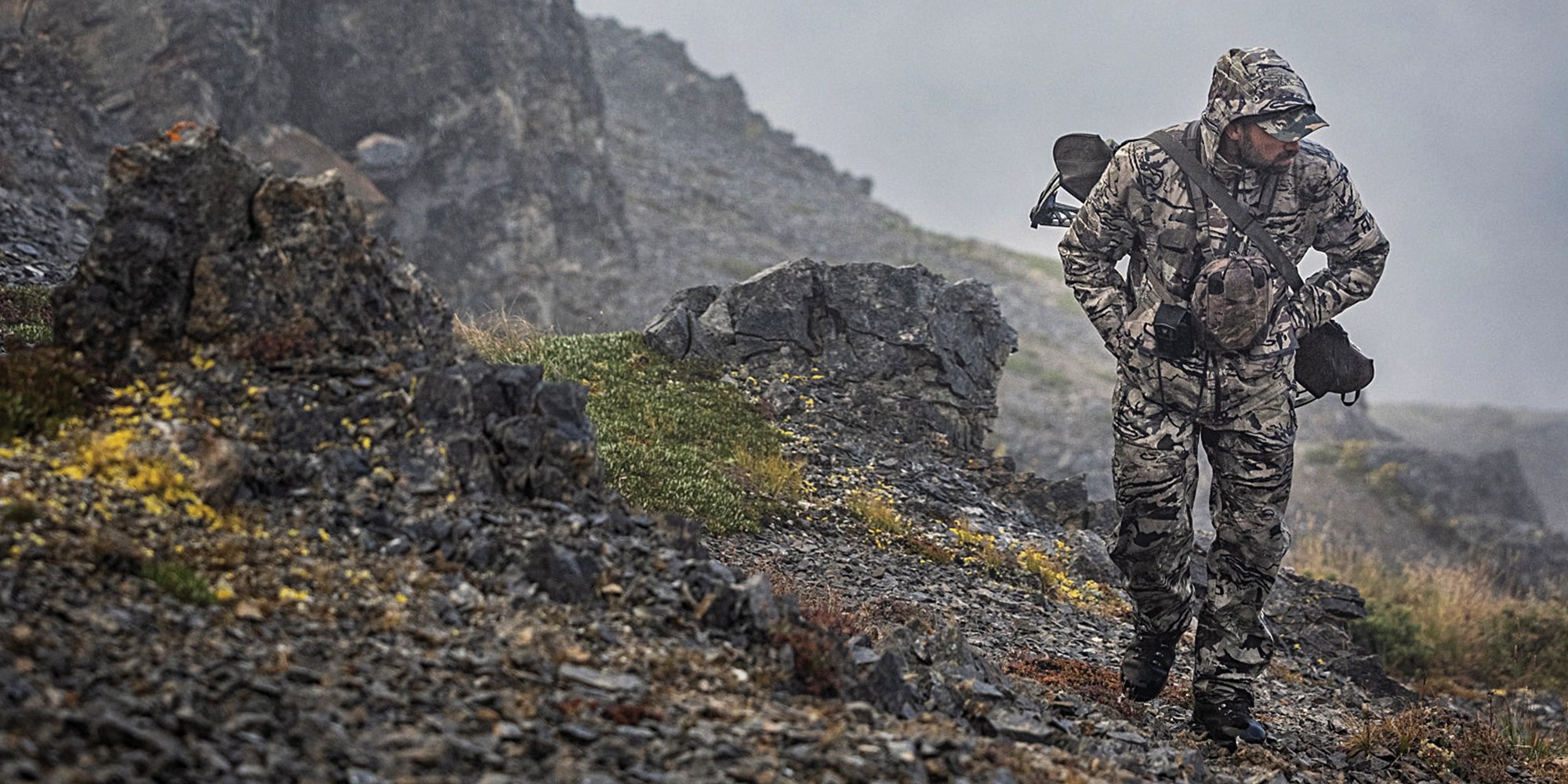
1: Expect It
One of my favorite feelings in the world is the first day I step into a new area or the first morning of a hunt. It feels like anything can happen. I feel like I glass harder and hike farther. I am waiting on the mountain for the sun to come up longer. If I am in a good unit, I feel that at any given moment, the biggest buck of my life is just around the corner. As the hunt goes on, reality sets in, and it’s easy to start to think the opposite.
I constantly tell myself that the giant deer is around the corner. I visualize it every time I look at a good spot. I keep visualizing it and keep telling myself it can happen, but I have to tell myself that. I have to choose to self-motivate. I am not naturally the most optimistic, but I can choose to be. The reason this is so important is it keeps me striving to find what I am thinking about.
I was on a deer hunt this past year in a tough area. I actually was just visualizing seeing any deer in this low-density area. The odds seemed stacked against me, but by looking at a spot and knowing that this could be the time I throw up the binos and see a buck, it made a big difference. I visualized deer over every ridge and approached it like there was one there. I looked fervently and kept after it. Every part of me wanted to say, “Yeah, that area looks good but there are not going to be any deer there.” Because I kept that sharp eye and expectant approach, it came together on the last day when a buck stepped out and I made a good shot.
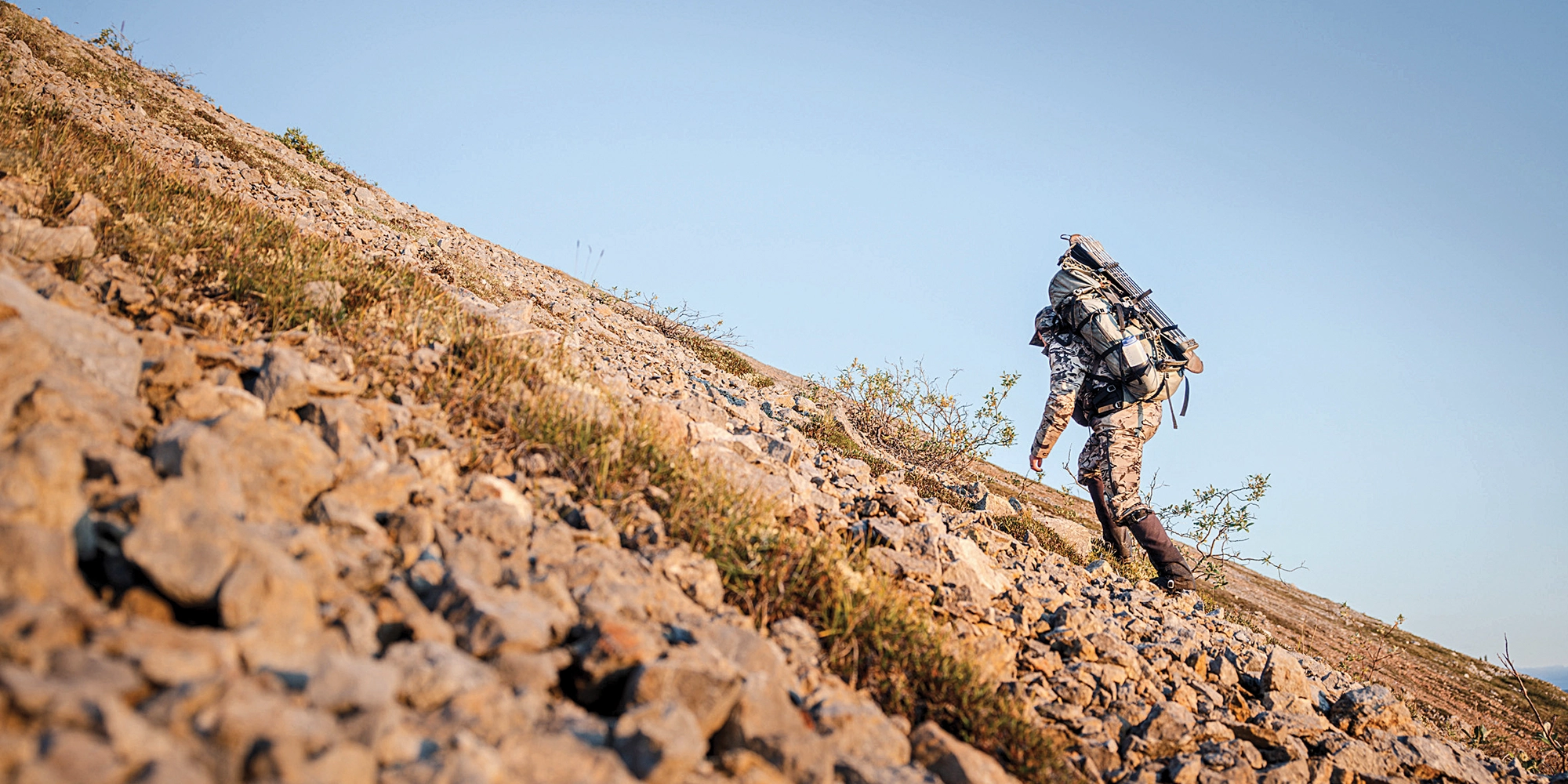
2. Embrace the Suck
When I think back to my best hunting stories, my greatest adventures, and my favorite memories, in the moment, they all actually sucked. I think that hardship creates a unique impression in our minds. I think one thing that all mentally tough people are good at is just embracing the parts that suck. They know that these times get you to where you are going. They are part of the story and adventure.
It is hard to do, but think ahead in those times that are not fun, those moments that suck, and soak them in. That climb with a heavy pack that seems to never end – instead of saying how hard it is, I like to think about how good I am doing. Sometimes when I am really tired, I just say “I eat mountains like you for breakfast!” When the weather moves in and is just shitty, I just accept it as another piece to the journey. I approach those situations with the mentality of, “Is that all you got?” I trick myself and pump myself up for the bad parts and, in many ways, revel in them.
A few years back, I was hunting tahr in the Southern Alps of New Zealand. The winds were gale-force 70, gusting up to 100 mph. I literally would get knocked down. It sucked, but I embraced that suck and found two bull tahr. Needless to say, I came out of the mountains with a heavy pack. On other hunts, I have had to embrace the suck in different ways. I have been on some alpine hunts that were weathered out and socked-in. We spent multiple days in a tent, waiting it out. The mental struggle of eating away valuable hunt days in a tent can be a hard pill to swallow, but it is just as important to keep a positive mental attitude on those days as well.
I like to think of shitty parts as the antagonist of my hunt story and keep the mentality of “Bring it on!” I am not saying it makes the tough days go away. I am also not suggesting you do something that endangers your safety or enjoyment of the hunt. I am saying that it does make the obstacles easier to overcome mentally when you embrace them as opposed to fighting them.
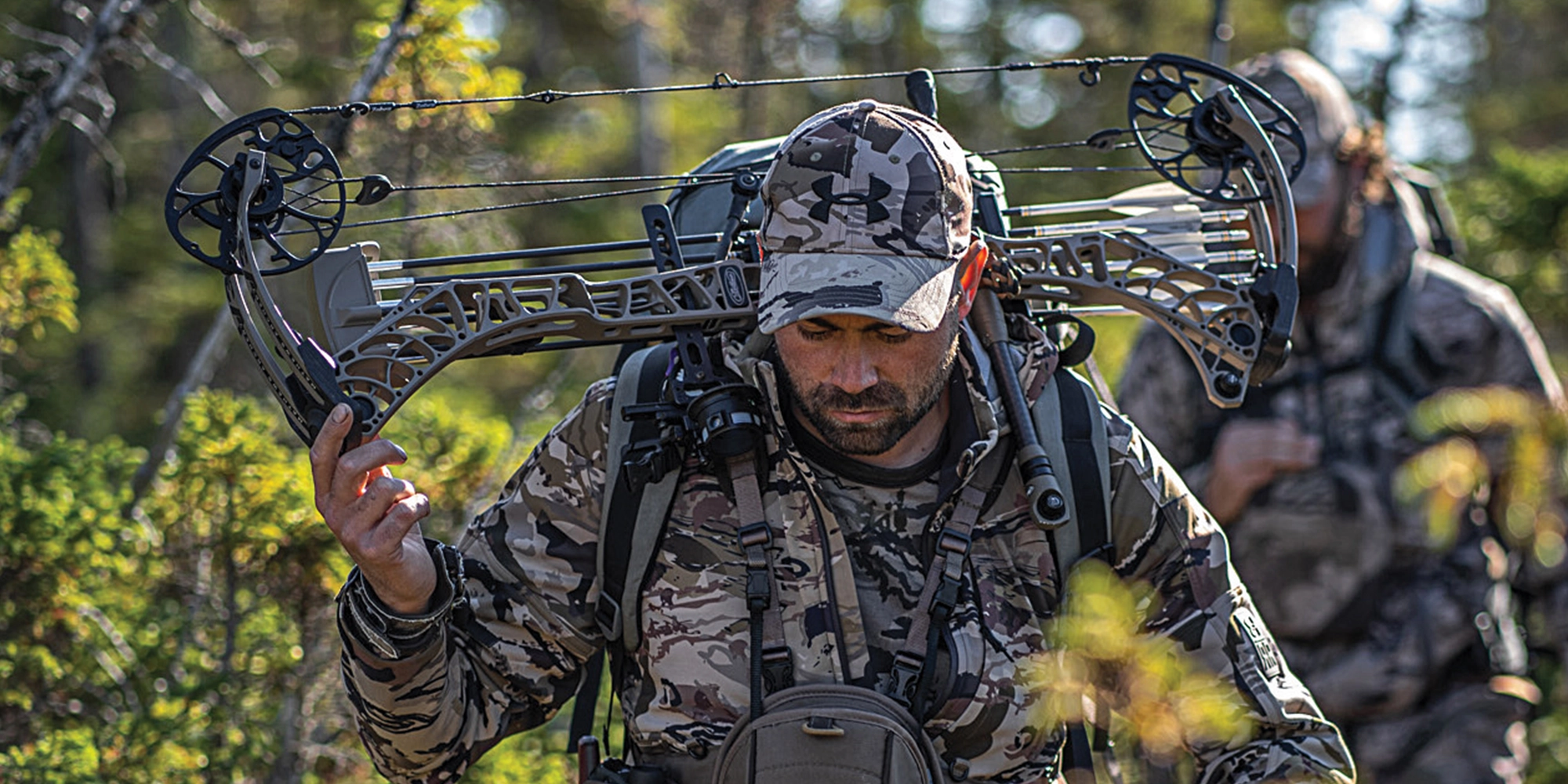
3. Your Friend KIP
I once had a client that really wanted to kill his first elk. We stalked into a herd, had a chip shot on a bedded bull, and he missed. Well, in all honesty, he might have missed more than once. He was devastated and wanted to give up.
My dad happened to be in camp that day and told the hunter that instead of giving up, he should just go out hunting with his friend Kip. We were actually both confused because I had never met Kip. My dad laughed and said, “Keep It Positive.”
At the time, we actually both thought it was kind of stupid but, for some reason, it stuck. We continued hunting and I would randomly, jokingly ask if he had Kip along or not. We got on another bull, and everything that could go wrong did. We got a shot on a bull and he hit it, but his scope mounts sheared off, and we now had a wounded bull and rifle without a working scope (this was actually a different gun than he had missed with). We snuck in and he was able to put the bull down with the dysfunctional gun at close range. He admitted that without having to consciously keep it positive, he would have given up before even getting that second opportunity.
Keeping it positive is a conscious choice every day you step out of the tent or into the truck. You get to choose if you are taking Kip along or not.
4: Be the Hype Man
Group hunt dynamics can be tough, but every solid hunting party needs a good hype man. I have been on numerous hunts with guys that have gotten into a bad mental space and it really put a damper on the whole hunt. Then, in comes the hype man, the person who does the hunt a solid and lifts spirits. My brother Jason, I would say, is one of the best in the world at this and one of the most mentally tough guys I know.
I wish it were not true, but he has definitely pulled me out of the funk on multiple hunts. On one moose hunt, in particular, I just had had it. Everything that could have gone wrong did. His unwillingness to change his attitude and his constant positivity gave me no other choice but to get my head back in the game.
Misery loves company. People that fail to keep that positivity up want other people to jump in with them. Refusing to do that is hard, but can save a hunt. You have to make a conscious effort to be that person that keeps it positive. Remind your partners that they are only one spot away from what they are looking for; that they are not doing it alone and they have great help; and that everything that has happened is just part of the story.
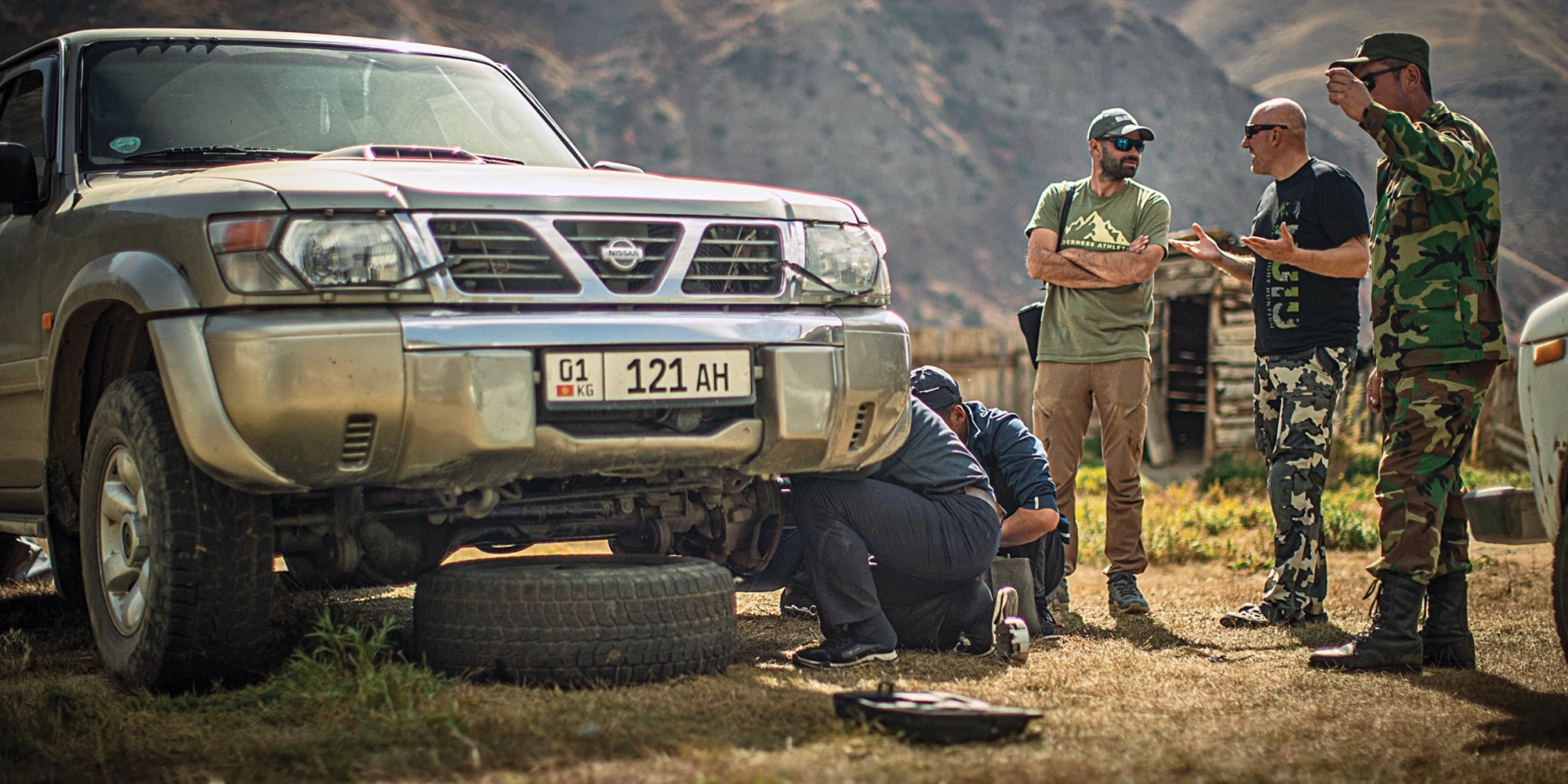
5. The Journey, Not the Result
Really, we can turn any hunt into a high-pressure hunt. We put expectations on our performance and the desired result, and we should. It is hard to keep that positive mental attitude when we have not seen the result we want. I have seen it happen so many times. The result becomes the focus, and the awesome parts of the journey of the hunt get pushed aside.
I have found that focusing on the journey helps keep my head in the game. It keeps me in for the duration because I allow all the parts of the hunt to be noticed. It is a lot easier to keep after it while you are enjoying it. You can enjoy it when it gets tough just as you can when it is easy. You can focus on getting one step closer, and that keeps your attitude in check, your expectations high, and your head where it should be. By doing that, the end result is just an intersection of persistence and luck.
The Skill of A Positive Attitude
So many times, we attribute a positive attitude to the way we are feeling instead of creating a positive attitude by the way we are thinking. It is a learned behavior and a skill that takes work. Just like being in shape, getting good at glassing, or learning to call in elk. These are all skills that get better the more we do them.
I feel like, as hunters, we talk about the importance of a positive mental attitude but don’t pinpoint ways to make that actionable, to get better at it. I really do believe in visualizing; constantly expecting a positive outcome; embracing the suck; keeping it positive even when murphy tries sticking it to you; focusing on the entire journey of the hunt, and helping those you are with do the same. If you do this, you are going to find that your head stays in the game.
When your head is in the game, you will hunt harder, stay out longer, enjoy the experience more and, in the long run, be a lot more successful. The most hardcore and efficient backcountry hunters I know all have the ability to keep a positive mental attitude day in and day out. It honestly can be one of the most important things to take with you on a hunt.


